Senegal has officially opened negotiations to become a member of the BRICS group of emerging economies, in a move that signals its growing ambition to strengthen its global economic footprint and deepen ties with countries shaping a new multipolar world order.
The announcement was made by Senegal’s Foreign Minister, Yassine Fall, who confirmed that the country is in dialogue with the current BRICS members regarding the terms and conditions of its potential membership.
“Senegal was among the early supporters of BRICS when the idea first took shape. Now we are taking concrete steps to become part of this community,” Fall told local media. She emphasized that Senegal’s political stability, rich natural resources, and strong focus on industrial development make it a natural fit for the bloc.
Founded in 2006 by Brazil, Russia, India, and China, the BRICS group expanded in 2011 to include South Africa. Since then, the group has grown more inclusive. On January 1, 2024, five new members—Egypt, Iran, the United Arab Emirates, Saudi Arabia, and Ethiopia—joined the bloc. In a further step toward expansion, BRICS recently created a new category known as “partner countries,” with nations like Nigeria, Indonesia, Bolivia, Malaysia, and Uganda gaining that status in early 2025.
Senegal’s decision to pursue full membership comes at a time when more African nations are seeking stronger roles in international coalitions that present alternatives to Western-led financial and diplomatic institutions. By joining BRICS, Senegal hopes to benefit from increased access to trade opportunities, technological cooperation, and investment in infrastructure.
Also Read; Trump Delays Tech Tariffs to Ease Consumer Impact
For Senegal, the move also reflects a strategic calculation: aligning with nations that are driving change in the global economic order. As BRICS seeks to reform global governance systems, including advocating for fairer financial systems and multilateral institutions, Senegal believes it can play a meaningful role in those conversations.
The country’s focus on industrialization—especially in areas like energy, mining, and agriculture—could find synergy with BRICS members who are looking to expand investments across Africa. Fall noted that membership would not only give Senegal a stronger voice but also create a platform for “real economic exchange and long-term partnerships.”
While the talks are still in the early stages, the outcome will be closely followed by economists and diplomats alike, as Senegal positions itself alongside some of the world’s fastest-growing and most influential economies.
If approved, Senegal would join Ethiopia and South Africa as the third African voice in a group that’s redefining global power dynamics, showing once again that Africa’s role in shaping the future is only growing stronger.


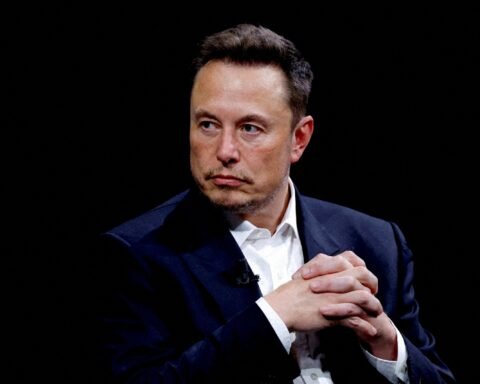
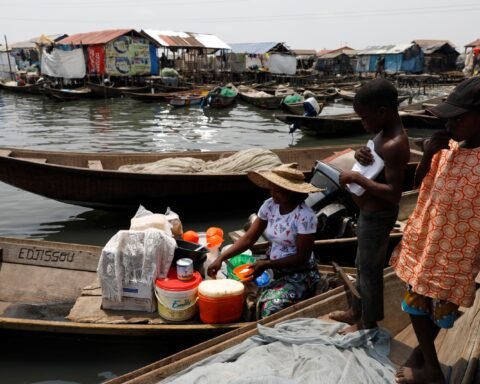
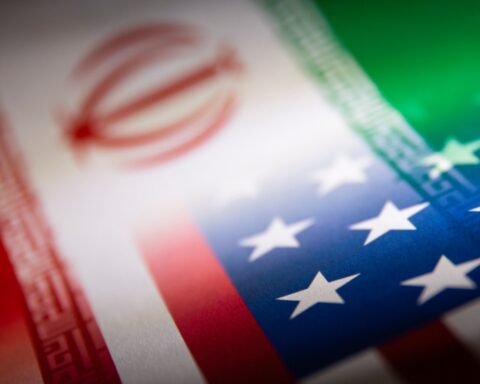
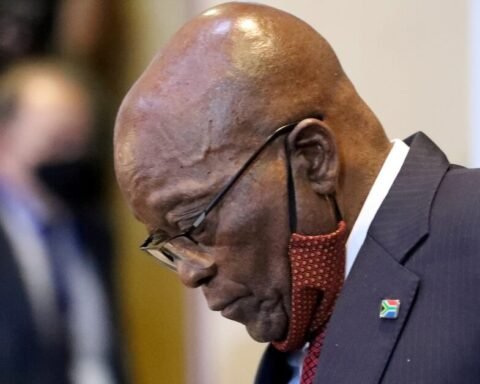
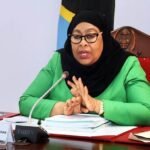

Senegal’s BRICS bid underscores a strategic pivot toward South-South cooperation